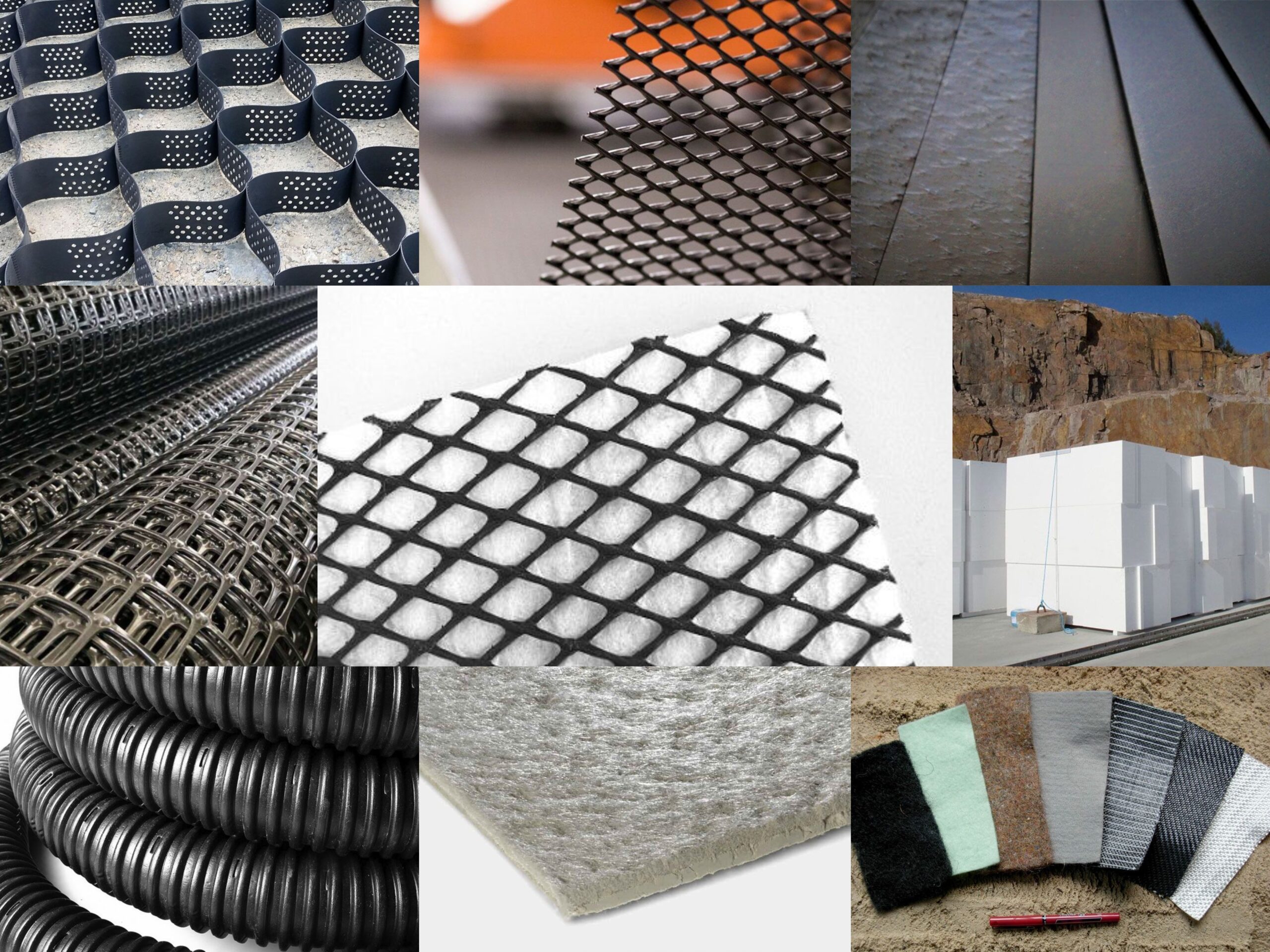Geosynthetics design
In this article, we discussed what is geosynthetics design, its significance and practical applications in short.
Geosynthetics design refers to the process of incorporating geosynthetic materials into engineering projects to enhance the performance, stability, and durability of geotechnical structures.

Geosynthetics are synthetic materials made from polymers that exhibit geotechnical properties, such as strength, filtration, separation, reinforcement, and erosion control.
Geosynthetics design involves selecting appropriate geosynthetic materials, determining their placement and configuration, and specifying installation and performance requirements.
Significance of Geosynthetics Design
- Improved Performance
- Cost Savings
- Environmental Benefits
Practical Applications of Geosynthetics Design
- Road and Railway Construction
- Retaining Walls and Slopes
- Landfills and Containment Systems.
- Coastal and Riverbank Protection
- Water Management and Drainage Systems
Geosynthetics design plays a significant role in modern geotechnical engineering, offering versatile solutions to improve the performance, durability, and sustainability of various construction projects.
Vgeotech Experts, expertise in geosynthetic design is unparalleled, thanks to the leadership and guidance of Dr. Abhinav Mane. With a focus on innovation, sustainability, and client satisfaction, we continue to push boundaries, providing comprehensive design solutions that withstand the test of time and contribute to a safer, more resilient built environment.


